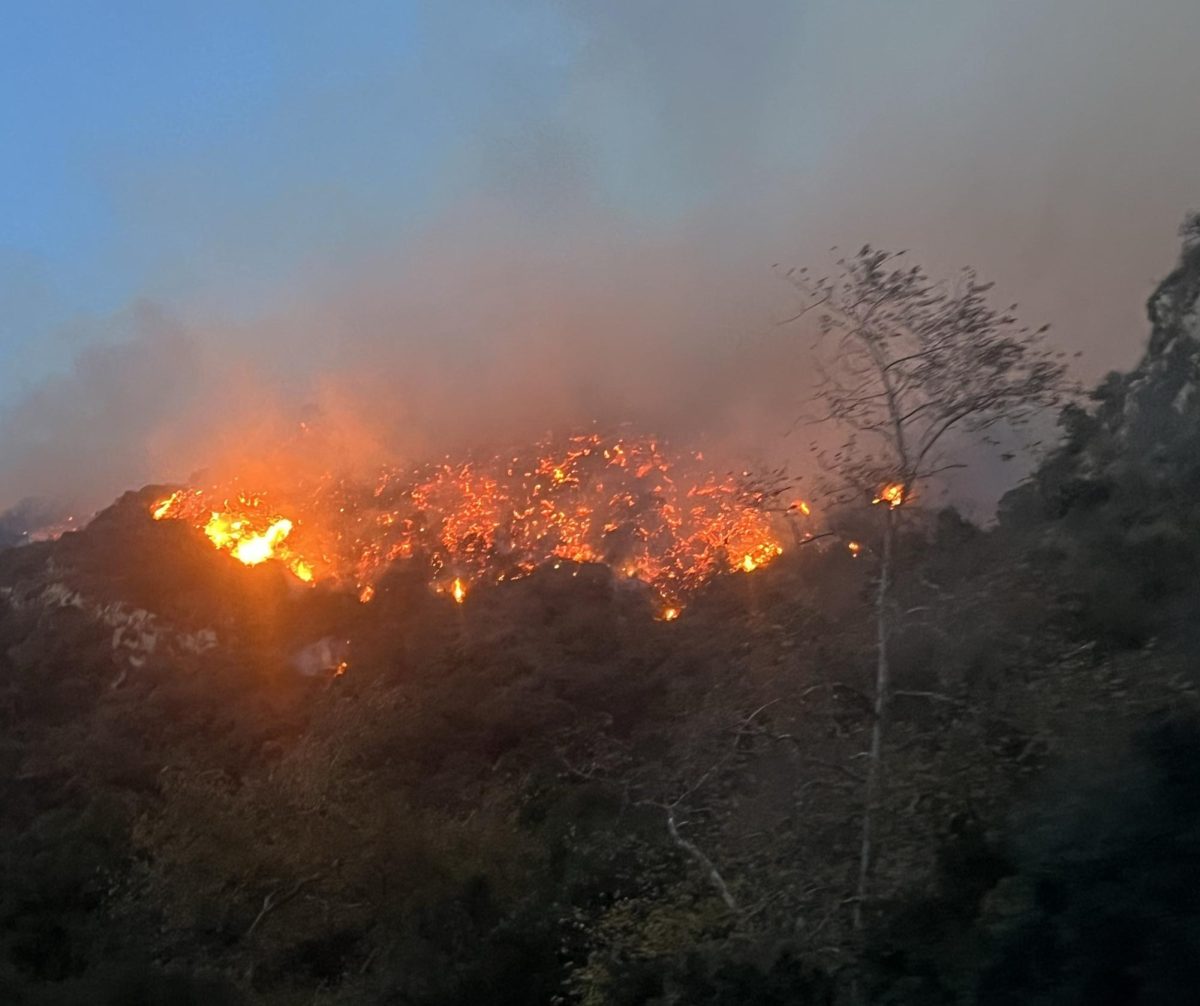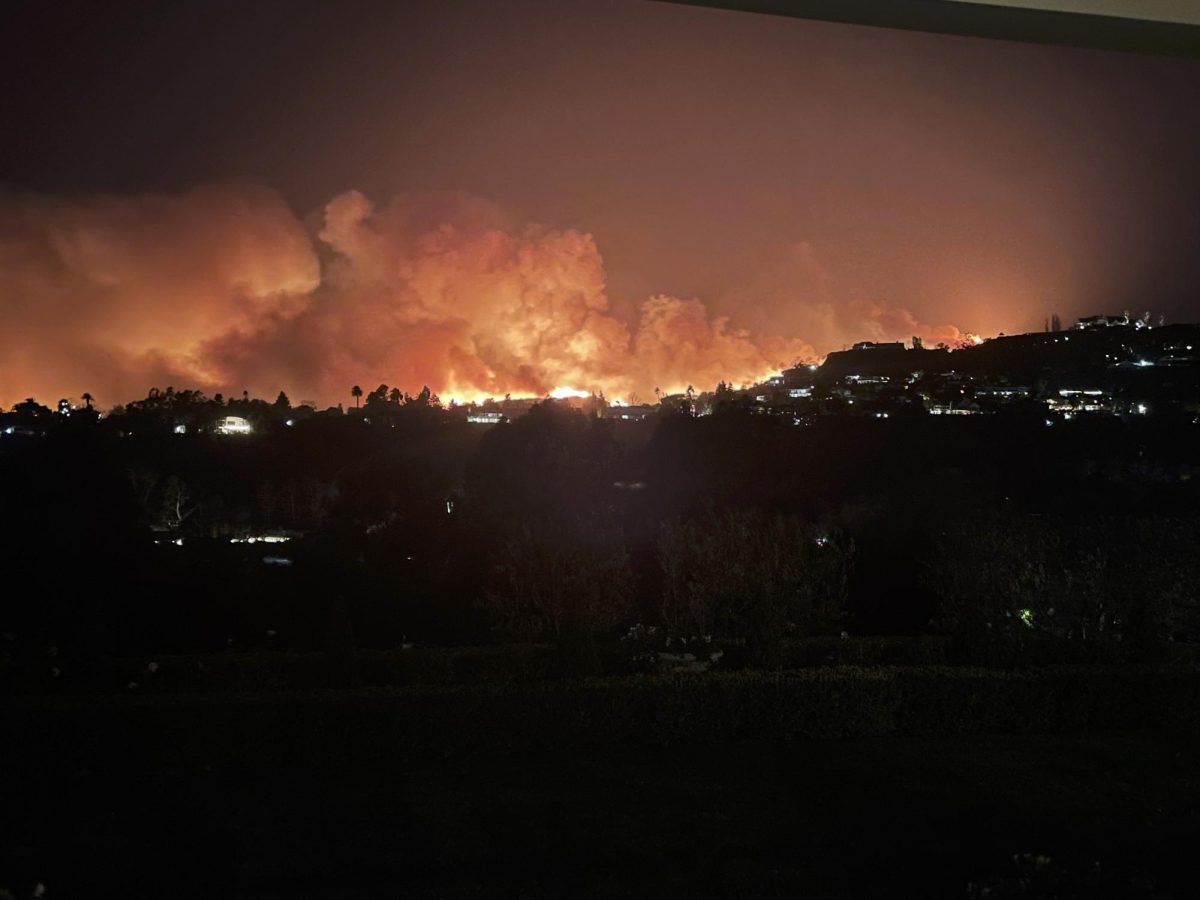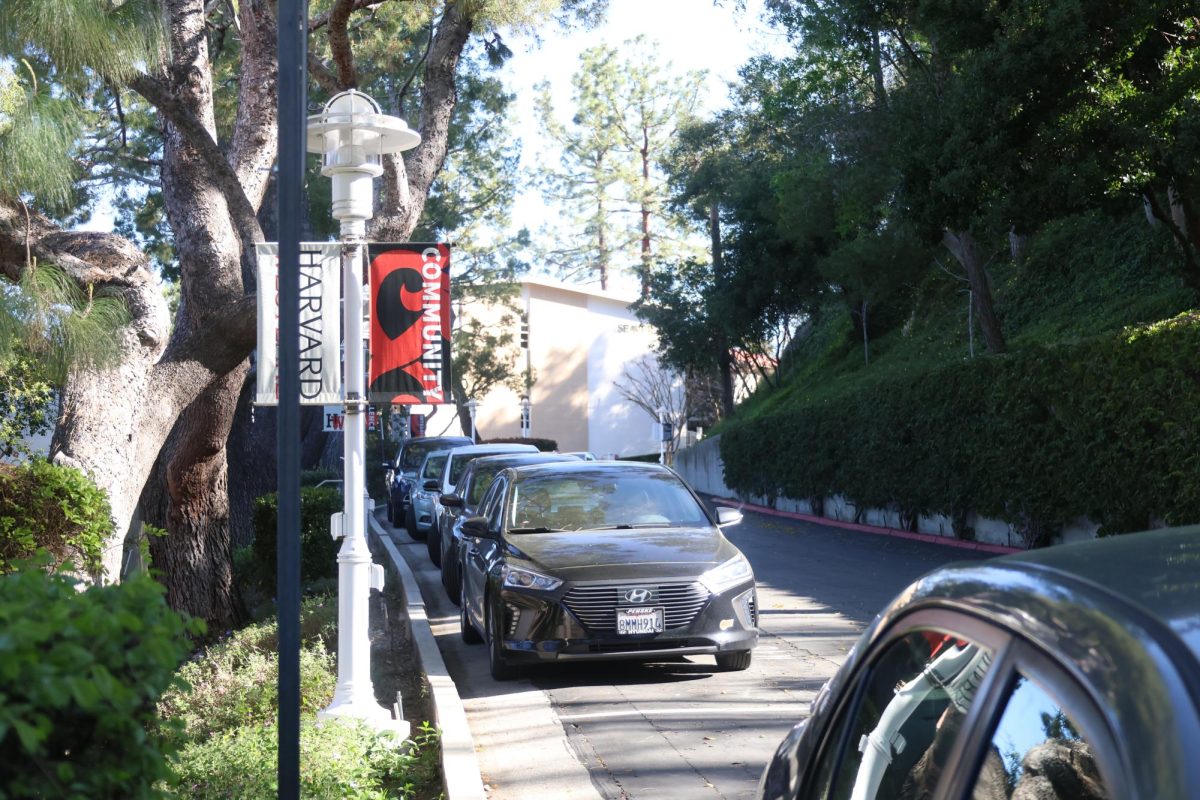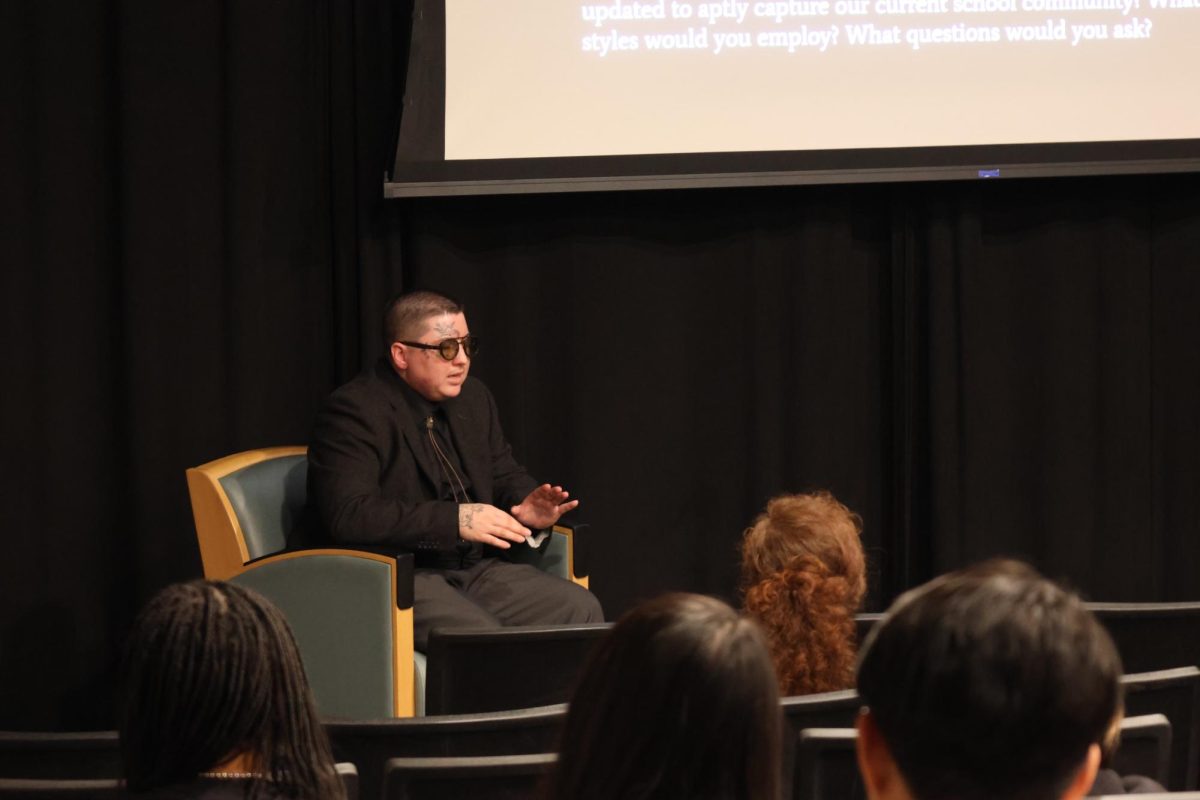Hazy clouds of smoke curled from the joint dangling out of the dispensary owner’s mouth as Violet* ’19 flashed her fake I.D. and completed her latest purchase: gummy edibles and a vape pen.
“Buying my own weed and being in an environment that supports this makes me feel so much more independent and normalizes using,” Violet said.
This was Violet’s first time purchasing marijuana since California officially legalized the sale and cultivation of recreational marijuana for adults 21 and older through Proposition 64, which went into effect Jan. 1. California is now one of eight states with legal recreational marijuana usage.
20 percent of 266 students who responded to a January poll said that they have smoked weed, and of this percentage, 80 percent said that they are in support of the new law.
For many, like Camille* ’18, the law offers the potential destigmatization of recreational marijuana use.
“I’m stoked because it is normalizing weed and recognizing it as something different from heroin and cocaine,” Camille said. “Weed never should have been underground in the first place, and it never really was in California, but I think it should be considered a different type of drug for sure.”
Despite the fact that marijuana is legal under California state law, it remains illegal federally. Consequently, federal agents retain the right to prosecute anyone caught with marijuana from a recreational store.
The Trump administration recently authorized federal prosecutors to more forcefully enforce marijuana laws after Attorney General Jeff Sessions rescinded a policy made by former president Barack Obama. This policy discouraged federal prosecutors from bringing charges of marijuana-related crimes into states where usage is legal.
For some students who have never smoked marijuana, the threat of potential prosecution is enough to convince them to refrain from recreational use.
“Weed being illegal federally discourages me from using it even more,” Parker* ’19 said. “There is still a huge stigma around smoking weed and it would feel weird and wrong doing it knowing that it is illegal almost everywhere else.”
Parker’s viewpoint is reflected in a survey by the Substance Abuse and Mental Health Services Administration, which showed that teen marijuana usage decreased after recreational marijuana was legalized in Colorado due to a fear of the increase in government authority.
Similarly, upper school dean Adam Howard ’93 said he feels that the federal laws and the moral compass of students will prevent increased marijuana usage among students.
“I would hope that [the new law] does not affect student usage, in the same way that alcohol is illegal and students know that they are not supposed to be partaking in that either,” Howard said. “Obviously, the legalization makes it more available, but I would like to think that our students are able to make smart choices.”
Many students, however, have expressed little concern about the federal legality of marijuana.
“I’m not nervous about it being illegal federally; I just think it’s stupid,” Camille said. “In no way should it be considered with the same weight that heroin is. But, [I’m happy] my state isn’t run that way.”
Joey* ’19 said that he sees the recreational marijuana industry expanding in the future.
“I think that a lot more people will be willing to try it because this law will help people understand weed more,” Joey said. “When more people try it, more people will realize there is nothing crazy about it.”
*Names have been changed




























